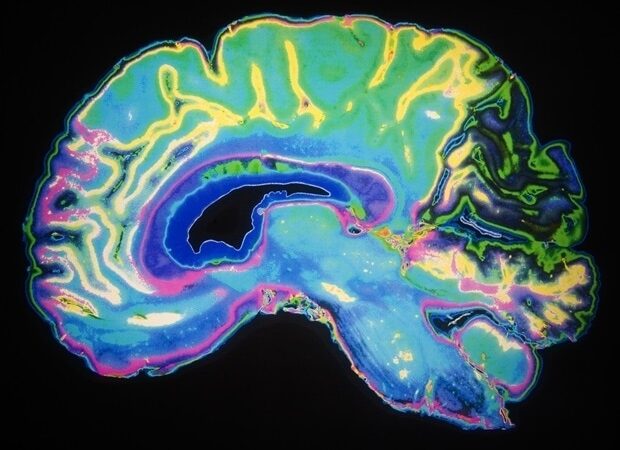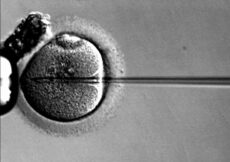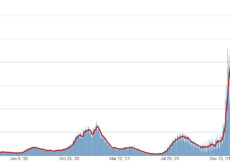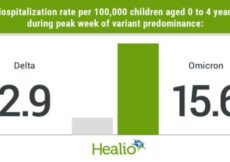A new study examines the effect of rapid infusion of 2meq/kg of sodium bicarbonate (NaHCO3) in an ovine model on gas exchange and coronary and cerebral perfusion in the immediate post-resuscitation phase. Findings from the study will be presented during the Pediatric Academic Societies (PAS) 2022 Meeting, taking place April 21-25 in Denver.
NaHCO3 is not routinely recommended in neonates with metabolic acidosis. However, post-resuscitation and in infants with perinatal metabolic acidosis and hypoxic-ischemic encephalopathy, NaHCO3 continues to be used to correct acidosis. Rapid infusion of NaHCO3 can lead to carbon dioxide formation, myocardial injury and fluctuations of cerebral blood flow. The acute effects of rapid infusion of NaHCO3 on cerebral and coronary perfusion, especially post extensive neonatal resuscitation, remain unknown.
The study found that following extensive resuscitation, rapid NaHCO3 administration led to a significant rise in myocardial and cerebral perfusion along with higher levels of exhaled carbon dioxide. The effect of increased flow appears to be primarily due to changes in carbon dioxide levels. These acute changes could be detrimental especially during the reperfusion phase of ischemic injury post neonatal resuscitation.
Despite the lack of evidence and concerns about its safety, NaHCO3 continues to be used in neonates with perinatal metabolic acidosis especially after extensive neonatal resuscitation. We wanted to evaluate the effect of rapid infusion of NaHCO3 bolus in an ovine asphyxiated model in the immediate post-resuscitation phase on gas exchange and hemodynamics. In our study, we observed that post rapid NaHCO3 administration after extensive resuscitation, there was a significant rise in end tidal carbon dioxide levels, and significantly higher coronary and carotid blood flows. We speculate that in the setting of hypoxic ischemic injury, these higher blood flows to the brain and the heart could be detrimental especially during the reperfusion phase.”
Mausma Bawa, MD, fellow physician at Jacobs School of Medicine and Biomedical Sciences at the University at Buffalo
Dr. Bawa will present “Rapid Bicarbonate Bolus Post Extensive Neonatal Resuscitation Leads to Increased Perfusion to the Heart and Brain” on Sunday, April 24 at 9:15 a.m. MDT. Reporters interested in an interview with Dr. Bawa should contact [email protected]
The PAS Meeting connects thousands of pediatricians and other health care providers worldwide. For more information about the PAS Meeting, please visit www.pas-meeting.org.
Source:



































